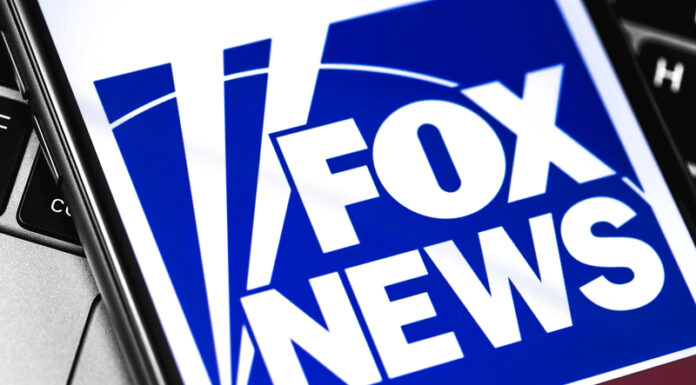Elon Musk, head of SpaceX and Tesla and the world’s wealthiest individual, is facing increased examination for his role as a special government employee during the Trump administration. Musk has been chosen to lead the Department of Government Efficiency (DOGE), a newly formed advisory group given the task of disassembling federal agencies. Meanwhile, he continues to receive undisclosed ethics waivers. Musk has also contributed $250 million towards Donald Trump’s re-election campaign.
“But the real issue here is that he’s talking a big game about transparency, but he’s not being transparent himself,” said Jessica Tarlov, a Fox News host, during a show. Tarlov insisted that Musk, like other government employees, should disclose his financial records, especially given that his companies have government contracts worth tens of billions of dollars. She highlighted the need for Musk to be transparent about his finances as the head of DOGE, as his numerous tech ventures are funded by taxpayers through federal contracts.
“And President Trump said yesterday, ‘Oh well, he doesn’t need to do it,’” Tarlov continued.
Representative John B. Larson has responded to the situation by introducing the Ending DOGE Conflicts Act, a piece of legislation aimed at eliminating the current loopholes that allow Musk to work without independent supervision. The bill would require public financial disclosure and review by the Office of Government Ethics, addressing worries about Musk’s potential conflicts of interest.
White House Press Secretary Karoline Leavitt further exacerbated the debate during a press briefing on Wednesday, defending the administration’s decision to keep Musk’s financial disclosure forms and his ethics waivers hidden from the public.
An investigation by the New York Times revealed that over 32 complaints from 11 federal agencies have been filed against Musk’s businesses. Many of these agencies are now under the scrutiny of DOGE’s restructuring initiatives. The complaints range from safety inquiries into Tesla’s automated driving systems to labor practices at SpaceX.
The influence of DOGE has quickly grown, with Musk’s team gaining access to at least 15 federal agencies. Actions taken by DOGE include discontinuing diversity and inclusion programs and, in some cases, attempting to dismantle entire agencies. These actions have led to legal battles with federal workers’ unions, resulting in several court wins that temporarily halted DOGE’s programs.
Safety advocates are particularly concerned about DOGE’s potential impact on ongoing federal investigations into Tesla. These include National Highway Traffic Safety Administration crash investigations of Tesla’s partially automated vehicles and a Department of Justice criminal probe into potential misrepresentation of the vehicle’s self-driving capabilities.
A group of senators, including Elizabeth Warren, Jamie Raskin, Jeff Merkley, and Adam Schiff, has asked Musk to voluntarily disclose his financial details. These lawmakers believe that Musk’s extensive business interests in federal contracts and his role in reorganizing government agencies make self-regulation of conflicts of interest inadequate.
Questions have also been raised about the composition and qualifications of the DOGE team. An investigation revealed that one team member, 19-year-old Edward Coristine, was previously dismissed from a cybersecurity internship for sharing confidential information. Coristine, who now has access to sensitive government data, has established several businesses, including Tesla.Sexy LLC, which controls at least two Russia-registered domains, one of which is currently active.
The Consumer Financial Protection Bureau has become a focal point of DOGE’s efforts, aligning with the agency’s plans to regulate Musk’s mobile payment service on X. This targeting of an agency set to oversee Musk’s business interests has led to increased calls for more transparency and supervision of potential conflicts.







